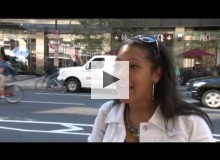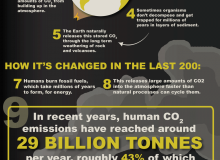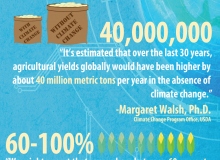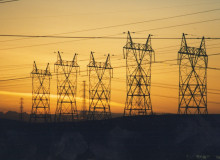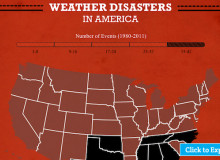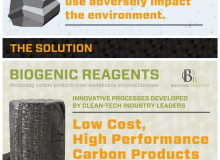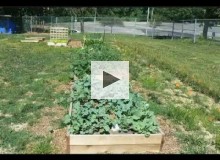Climate Change
Climate change affects all of us and all the systems on planet Earth - from natural disasters to disrupted growing seasons, our changing climate is having widespread effects. Here are some ideas for how to deal with climate change, how to adapt and how to try and cut down on the change while we still can.
The George Washington University
Have you ever thought about what the world will look like in 2050? One student team took to the streets of D.C. to find out what people think and if they're ready.
Planet Forward, GWU School of Media and Public Affairs
The carbon cycle is key to understanding climate change, but most people don't even know what it is. Take a look at our infographic to learn how carbon affects our world on a macro scale.
Planet Forward, GWU School of Media and Public Affairs
Climate has a big impact on agriculture, and a changing climate means changing challenges. Here's what we learned on climate at the Feeding the Planet Summit.
Planet Forward, George Washington University School of Media and Public Affairs
Margaret Walsh of the USDA walks us through the 2015 National Climate Assesment's effects on agriculture at the Feeding the Planet Summit.
This idea is lingering in my mind for the past ten years. This formation of international power grid will bring so many social, technical, economic and environmental advantages.
Planet Forward, George Washington University School of Media and Public Affairs
We've got the stories, ideas and facts behind President Obama's big speech on climate change.
Planet Forward, George Washington University School of Media and Public Affairs
In 2050, the world will have 9 billion people - we're failing to feed just 7 billion now. How do we find the way forward to 2050 and beyond?
Biogenic Reagents is a producer of high-performance carbon products made from renewable resources and produced with renewable energy. Biogenic Reagents’ specialty products include activated carbons that are used to purify air, water, food and... Read More
Saint Louis Community College at Florissant Valley has established an eco-garden on our campus to promote sustainability efforts and increase sustainability education on campus.

